Rondreis Roots trips - 8 days Omo Valley
Day 1 & 2 - Jinka: the Ari or Mursi tribe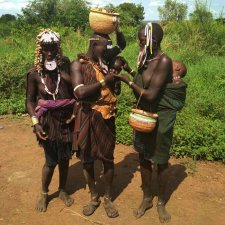 Our next stop is Jinka, a fast-developing market town set in a cradle of green hills above Mago National Park which gives the area a cooler climate compared to the rest of the Lower Omo Valley. Day 3 - To Turmi - Hamar Region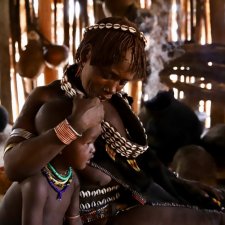 Today you will travel from Jinka to Turmi. We pass through Key Afar, the main town of the Banna tribe. We’ll catch one of the biggest traditional tribal markets which takes place on Thursdays. Groups of Ari, Benna, Tsemay and Hamar people are the main attendees, walking long distances to buy and sell local commodities at the Key Afar market, like tabacco (‘tampo’), coffee husks (‘bunno’) and sorghum (‘asine’). At the catle market men trade cows and goats. As the day progresses, you will also see the popular drink ‘parsee’ – a beloved traditional beer made from fermented sorghum being passed around groups of people in large calabash gourds. Day 4 - The Hamar Tribe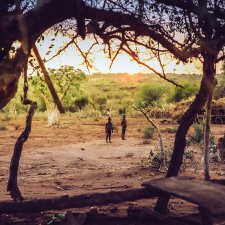 Ancient traditions still form the backbone of daily life in Hamar. Most live in rural settlements and practise traditional livelihoods through subsistence agro-pastoralism. Daily life revolves around taking care of livestock, domestic duties and farming of maize and sorghum. Hamar men are semi-nomadic and travel with large herds of goats and cattle between grazing areas, whereas Hamar women take care of the children, cooking, water and firewood collection. Day 5 & 6 - Drive to Unesco Konso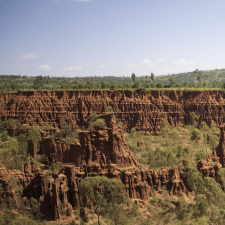 On day 9 we will drive from Turmi to Konso. The Konso are a resourceful, efficient, charming, careful, and hard-working people. They have always fiercely defended their territory. This is evident in the fact that each village is walled . They are famous for their wooden anthropomorph statuettes, erected in honor of important - deceased - people. In the Konso language these statuettes are called Waga. You’ll have a chance to walk around the fortress like villages (‘kantas’) with their uniquely designed stone-walled walkways, thatched huts and terraced farms. Day 7 – Nech Sar & Dorze tribe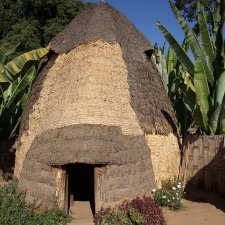 During today’s action-packed excursion, we visit the nearby scenic Nech Sar National Park . From the park’s edge, we take a motorboat on the lake to see hundreds of huge Nile crocodiles bathing in the sun and hippos bobbing in and out of the water. There are also many pelicans and other birds around the lake. Day 8 - Relax and flight to Addis Ababa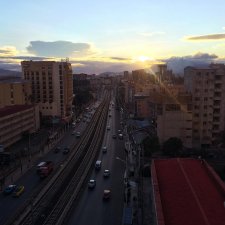 Today we head back to Addis Ababa by plane. You could shop or make a single final visit in the capital in the afternoon. Or you take a rest in your dayroom in Addis Ababa. You'll be picked up and dropped at the airport. Covid-19 safety measures during this trip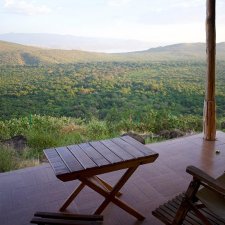 This trip is recommended by Yared Tour as a covid-19 safe travel experience in Ethiopia. This means that different aspects of the trip have been carefully considered in terms of physical distancing and hygiene standards. Ethiopia is a vast country and the rural areas in particular are sparsely populated.
Please read our Covid-19 Measures page for all up-to-date information about covid-19 in Ethiopia. |



